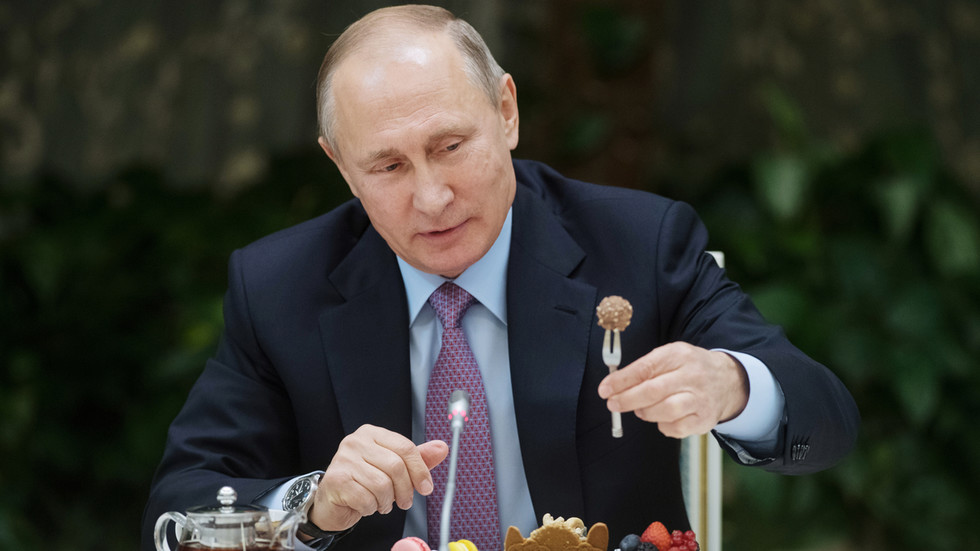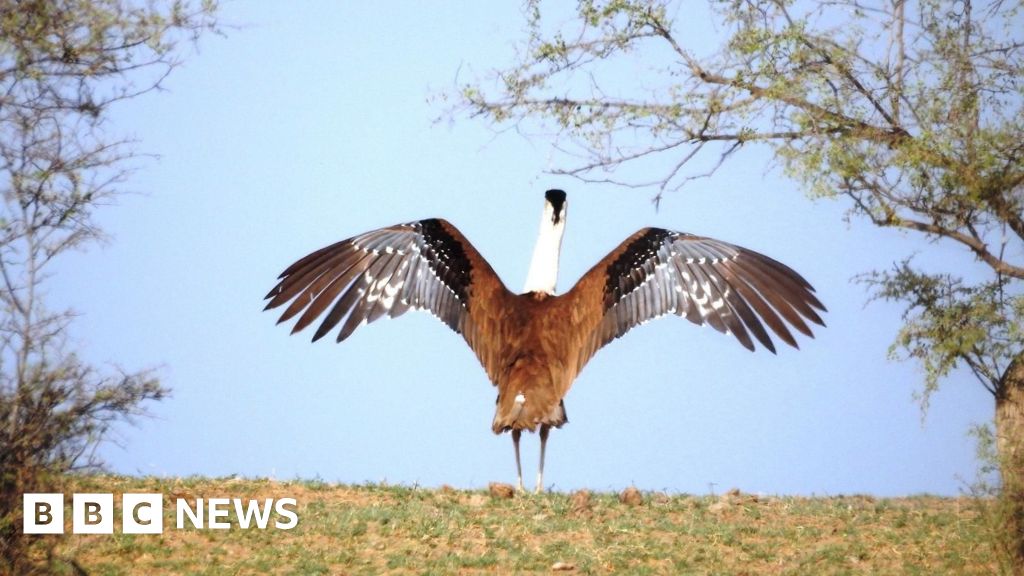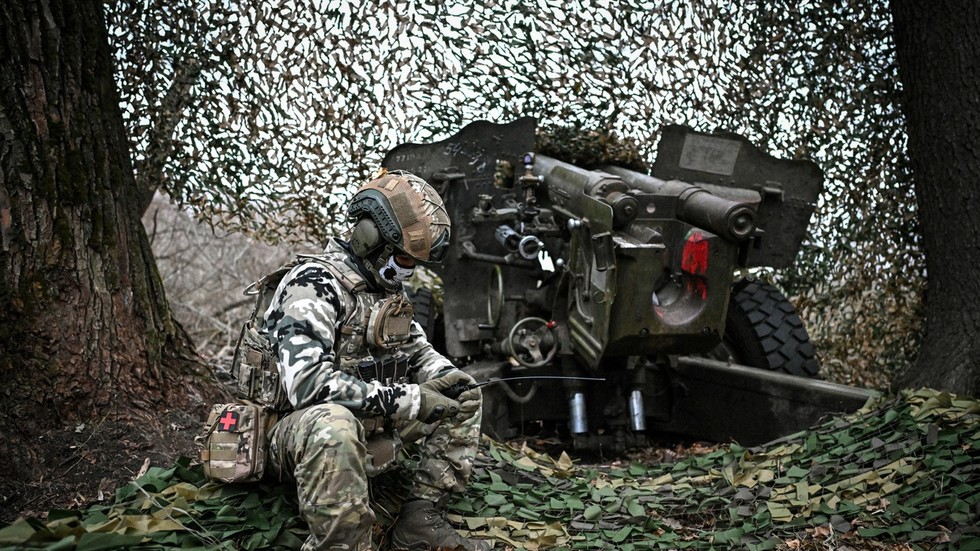
Israel says it cannot win the war without assaulting Rafah
The United Nations warned on Friday that aid for the Gaza Strip could grind to a halt in days, as Israeli troops took their ground war with Palestinian fighters into the crowded city of Rafah, a key aid corridor for the famine-threatened strip.
Israeli tanks captured the main road dividing the eastern and western sections of Rafah, effectively encircling the eastern part of the city in an assault that has caused Washington to block some military aid to its ally.
Residents described almost constant explosions and gunfire east and northeast of the city on the southern edge of the Gaza Strip on Friday, with intense fighting between Israeli forces and militants from Hamas and Islamic Jihad.
Hamas said it ambushed Israeli tanks near a mosque in the east of the city, a sign the Israelis had penetrated several kilometres from the east to the outskirts of the built-up area.
Israel has ordered civilians out of the eastern part of Rafah, forcing tens of thousands of people to seek shelter outside the city, previously the last refuge of more than a million who fled other parts of the enclave during the war.
Israel says it cannot win the war without assaulting Rafah to root out thousands of Hamas fighters it believes are sheltering there. Hamas says it will fight to defend it.
Supplies were already running short and aid operations could halt within days as fuel and food stocks get used up, United Nations aid agencies said.
"For five days, no fuel and virtually no humanitarian aid entered the Gaza Strip, and we are scraping the bottom of the barrel," said the UNICEF Senior Emergency Coordinator in the Gaza Strip, Hamish Young.
Aid agencies say the battle has put hundreds of thousands of already displaced civilians in harm's way.
"It is not safe, all of Rafah isn't safe as tank shells landed everywhere since yesterday," Abu Hassan, 50, a resident of Tel al-Sultan west of Rafah told Reuters via a chat app.
"I am trying to leave but I can't afford 2,000 shekels ($540) to buy a tent for my family," he said. "There is an increased movement of people out of Rafah even from the western areas, though they were not designated as red zones by the occupation."
Israeli tanks have already sealed off eastern Rafah from the south, capturing and shutting the only crossing between the enclave and Egypt. An advance on Friday to the Salahuddin road that bisects the Gaza Strip completed the encirclement of the "red zone" where they have ordered residents out.
"Over the course of the last three days or so the situation has really deteriorated incredibly dramatically in Rafah," said James Smith, a British emergency room doctor volunteering in Rafah.
"The number of airstrikes has increased. The number of artillery strikes has increased, and we've heard that heavy military equipment, tanks and so on, have been on the streets of eastern Rafah and also been to the Rafah border crossing with Egypt," he said in a voice message forwarded to Reuters by a colleague.
Bridget Rochios, an American midwife volunteering at Rafah's main maternity hospital, said in a text message that it was still managing to treat some pregnant women with medical emergencies, but others had to be sent elsewhere to give birth at facilities less well-equipped. Around half of staff had stopped coming in because of Israeli evacuation orders.
The Israeli military said its forces in eastern Rafah had located several tunnel shafts, and troops backed by an air strike fought at close quarters with groups of Hamas fighters, killing several. It said Israeli jets had hit several sites from which rockets and mortars had been fired towards Israel in recent days, including at the Kerem Shalmon crossing point.
'Fight With Our Fingernails'
The prospect of a full assault on Rafah this week has opened up one of the biggest rifts for generations between Israel and its closest ally the United States, which has blocked shipments of weapons to Israel for the first time since the war began.
Prime Minister Benjamin Netanyahu said on Thursday Israel would "fight with our fingernails" if it must, and he hoped disagreements with President Joe Biden would be resolved.
Israel's Rafah operation has blocked aid deliveries through both of the checkpoints into southern Gaza: the sole crossing from Egypt and nearby Kerem Shalom from Israel. Israel has said it reopened Kerem Shalom, but aid agencies say they have not been able to get supplies through.
In East Jerusalem, chanting Israeli demonstrators set fire to parts of the grounds of a compound belonging to UNRWA, the main UN agency for aid to Palestinians.
"UNRWA is an irreplaceable lifeline to millions in Gaza and the region," EU foreign affairs chief Josep Borrell posted on X. "Perpetrators must be held to account. It is Israel's responsibility to ensure the safety of humanitarian workers."
Ceasefire talks broke up on Thursday with no agreement to halt the fighting and release hostages captured in the Hamas-led Oct. 7 attacks that precipitated the war.
Hamas had said it agreed at the start of the week to a proposal submitted by Qatari and Egyptian mediators that had previously been accepted by Israel. Israel said the Hamas proposal contained elements it cannot accept.
More than 34,000 Gazans have been killed in the seven months of war, according to health authorities in the Hamas-controlled enclave who say thousands more dead are probably buried under rubble. Israel launched the assault to annihilate Hamas after the Oct. 7 attacks, in which 1,200 people were killed according to Israeli tallies.
(Except for the headline, this story has not been edited by NDTV staff and is published from a syndicated feed.)

 5 months ago
14
5 months ago
14









